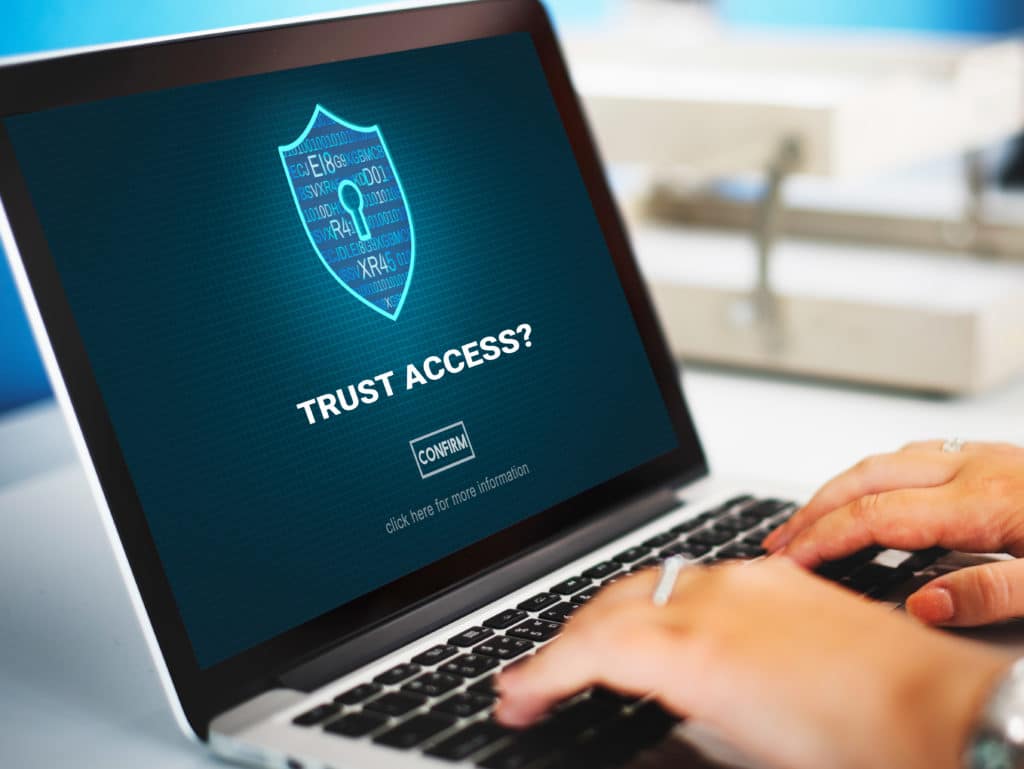Take note of these 6 tips to building trust with technology.
For small and medium-sized firms, technology can be a risky investment (SMBs).
It’s easy to see why so many small businesses are hesitant to engage in technology, given the initial cost and the time and work required to maintain and stay up with it.
Technology, on the other hand, may be a great trust-building tool for SMBs when used effectively.
You may develop confidence among your employees, processes, and customers by using dependable technology.
This trust may lead to improved work satisfaction, employee and customer retention, innovation, and the bottom line for your firm.
It’s critical to remember that in order to use technology to develop trust, you must first focus your efforts on the following essential areas:
Pay attention to the following details.
Your firm should focus on the following to make the most of your technology in order to develop trust with customers, workers, and other stakeholders:
Reputation
Do you rely on well-known and reputable providers for your technology?
Using technology that is already well-known and well-respected in the marketplace will assist you in establishing a reliable reputation.
Take advantage of their dependability to bolster your own.
Security
Organizational data breaches have grown more widespread in recent years, with global events exacerbating the problem.
Building trust requires safeguarding consumer and employee data.
Make sure you have solid security procedures in place to protect sensitive data.
User Experience
Employees, consumers, and partners may all benefit from using technology and procedures to establish trust. Integrating technology, for example, may save time and provide a solid basis.
Inefficient or unsuitable technology may wreak havoc on production by causing chaos and confusion. It may make all the difference if you take the time to choose and integrate the correct technology.
Similarly, intelligent practises that emphasize the user experience may help workers work with you more effectively by reducing uncertainty and disagreement. When a person’s expectations do not match their actual experience, a conflict arises.
Processes that are well-thought out can assist to guarantee that everyone’s expectations are satisfied, reducing the likelihood of a conflict.
Backups, disaster recovery, and incident response
“Trust but verify” should be always your philosophy.
Do you have a technique to check if your data backups are performing properly right now?
A managed service provider (MSP) may assist you check that your backups are trustworthy and will operate in the case of a crisis, giving staff and customers a more consistent experience.
Compliance
Is your company in compliance with data privacy laws?
Before you assume you are, be sure you have a strong basis (such as the National Institute of Standards and Technology Cybersecurity Framework or NIST CSF) and regular reporting that evaluates compliance.
Customer data security is a fantastic method to earn confidence.
Flexibility
Over the last several years, remote and hybrid work has grown in popularity, and it’s a trend that’s not going away anytime soon.
Giving employees the freedom to work from multiple places is a terrific approach to increase employee trust and loyalty, which may improve the customer experience.
However, you must guarantee that you have the essential technology in place to allow people to work securely and deliver excellent service when working remotely.

Collaboration with an outsourced IT provider, like us is your greatest choice for success because trust-building can be tough for SMBs to handle on their own.
We can assist with disaster recovery, compliance, security, and a variety of other duties.
Working with a managed service provider like us allows you to focus on your day-to-day operations and long-term business objectives, confident in the knowledge that your clients’ data is secure.
Please contact us to set up a no-obligation consultation.


